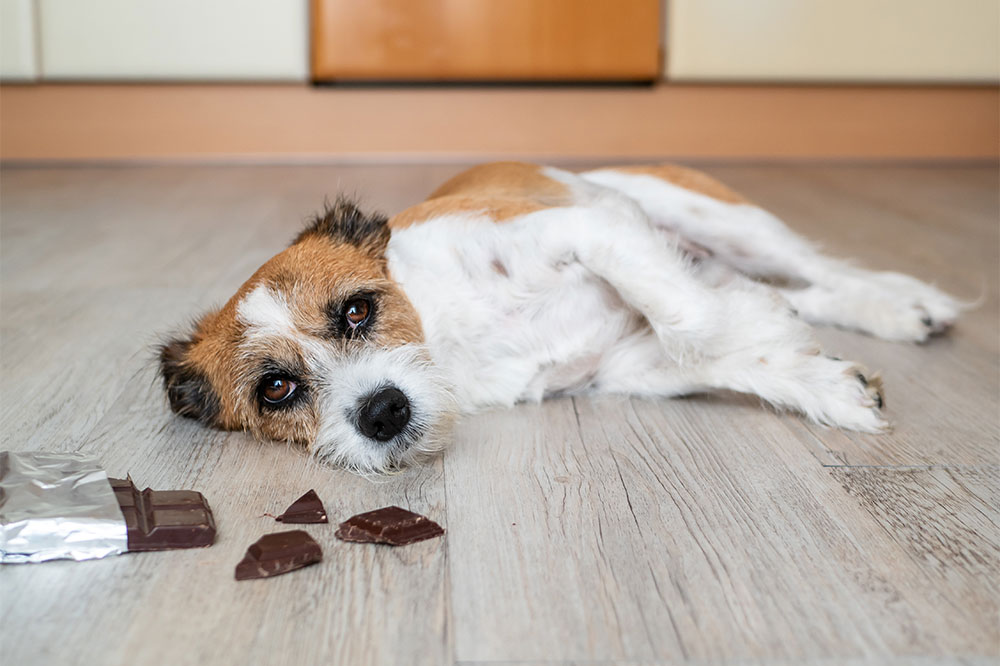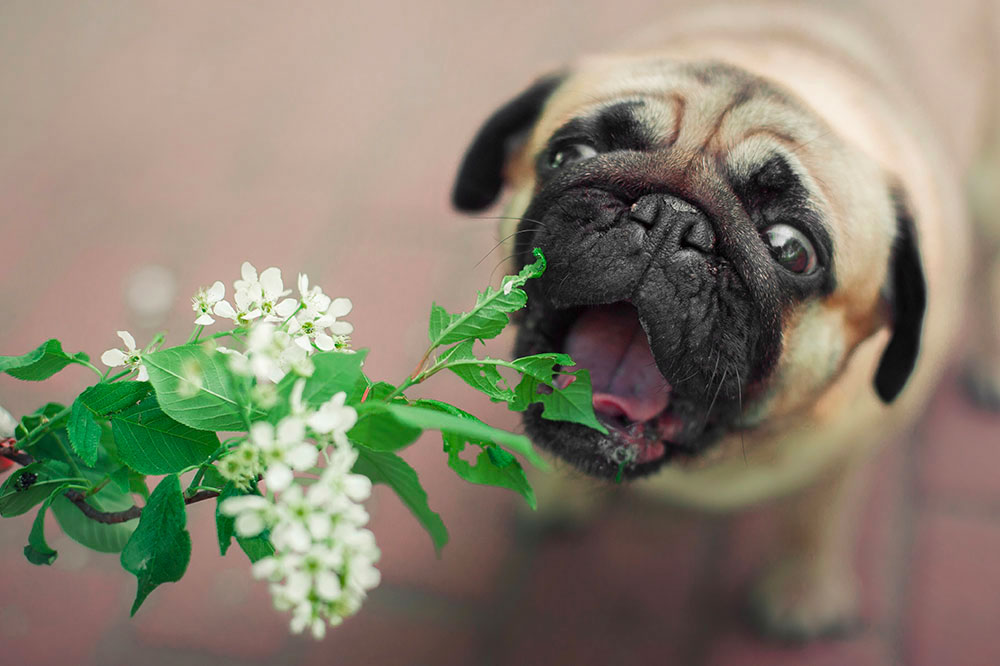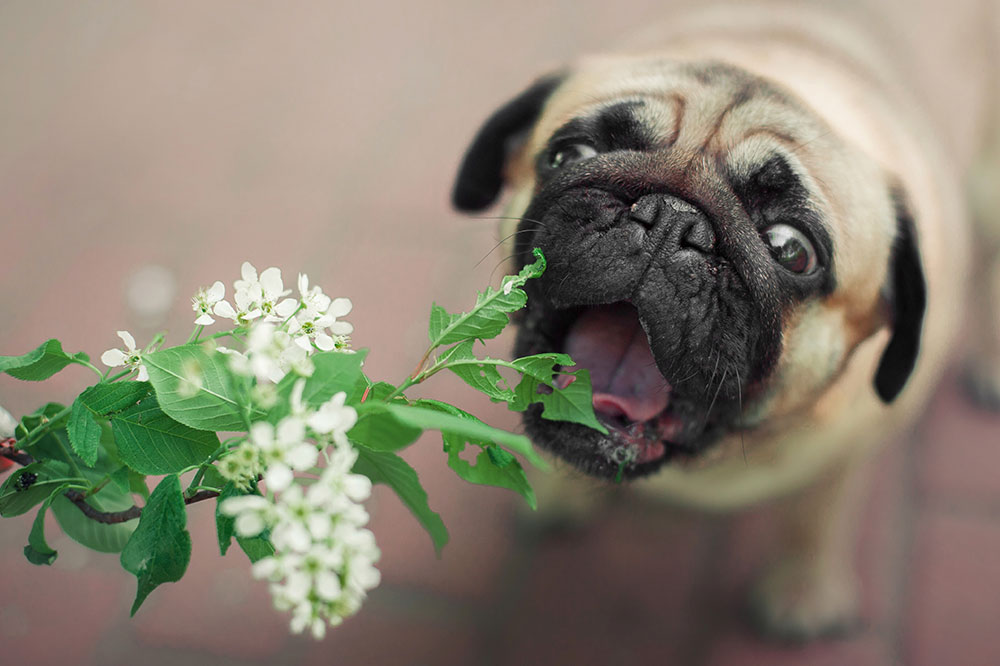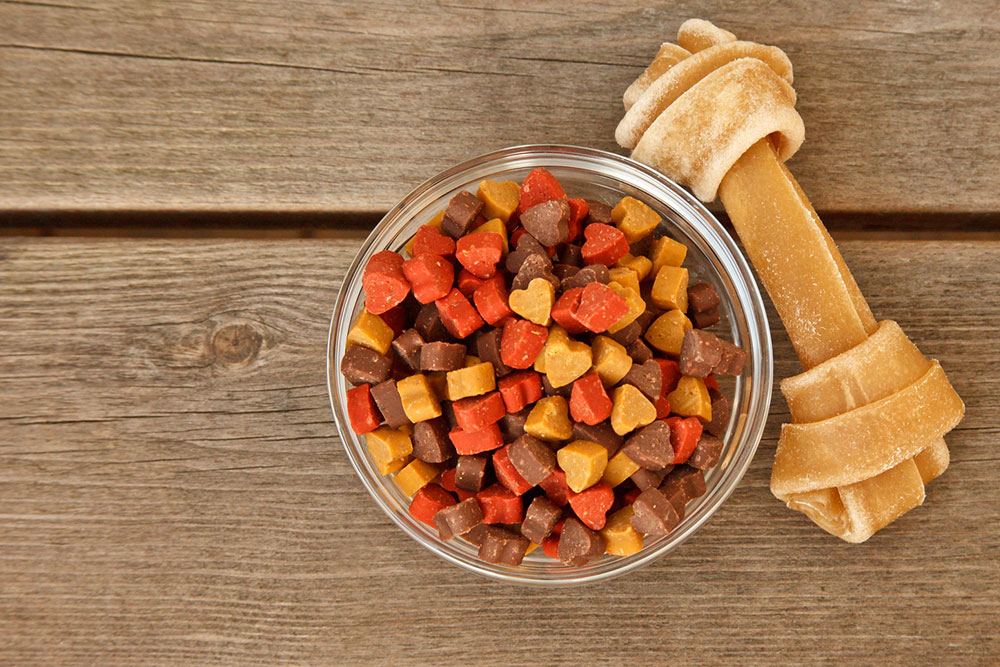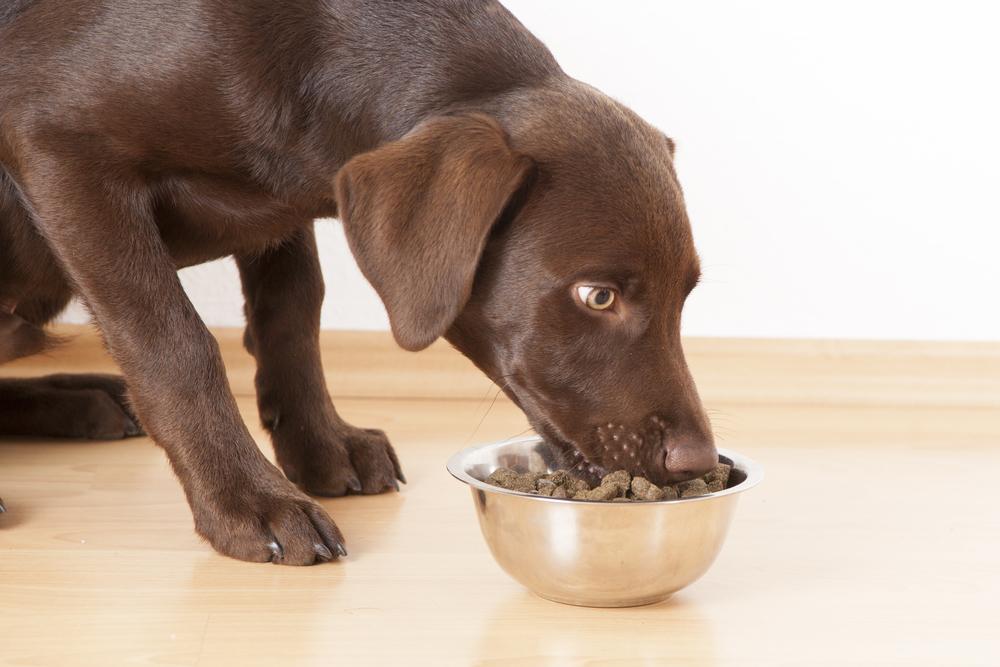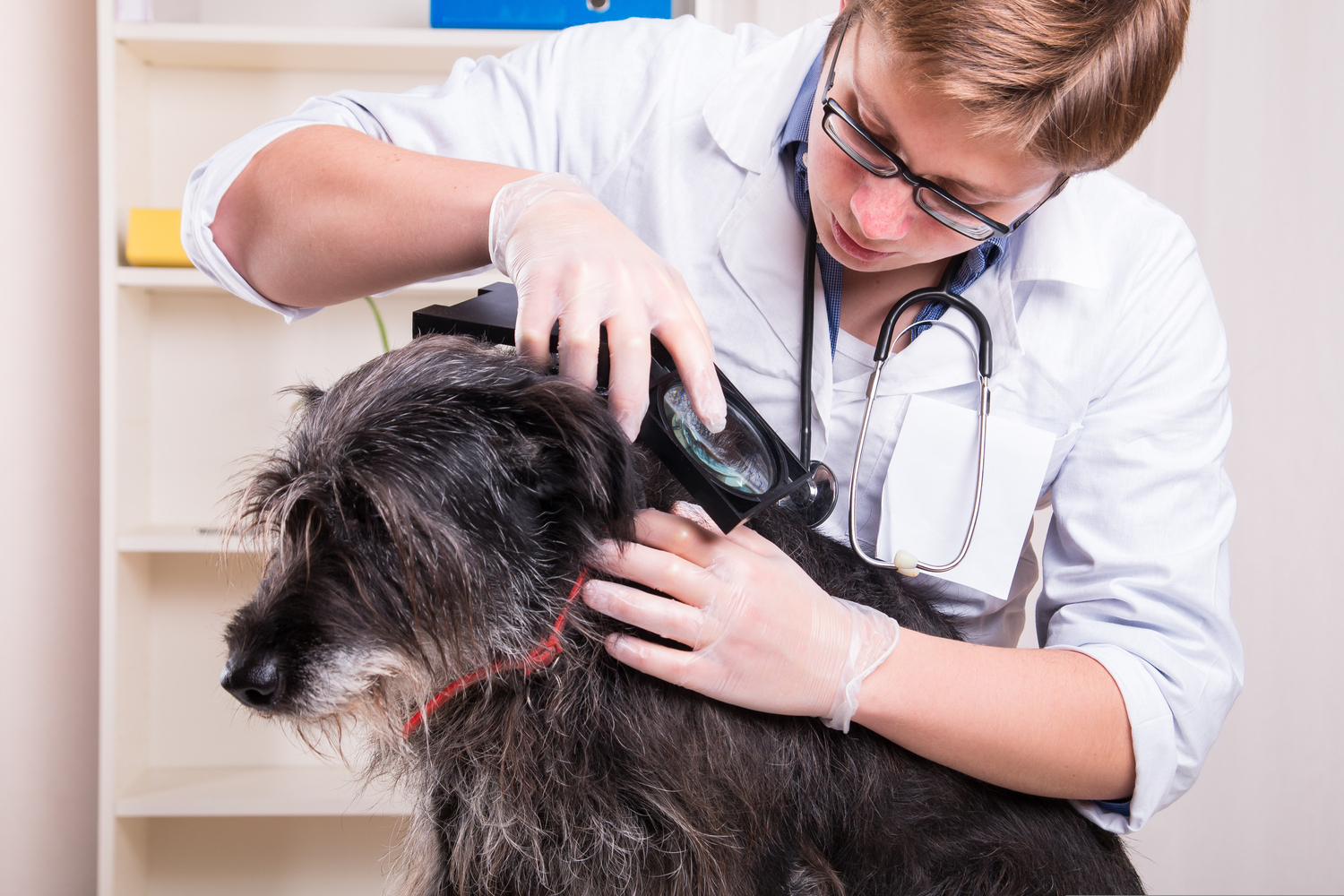Foods That Are Harmful to Dogs
Discover the top foods that can harm your dog, including chocolate, grapes, onions, raw eggs, and bones. Learn how to protect your furry friend from common dietary dangers and ensure their health. Consulting a veterinarian for suitable nutrition is highly recommended to keep your pet safe and happy.
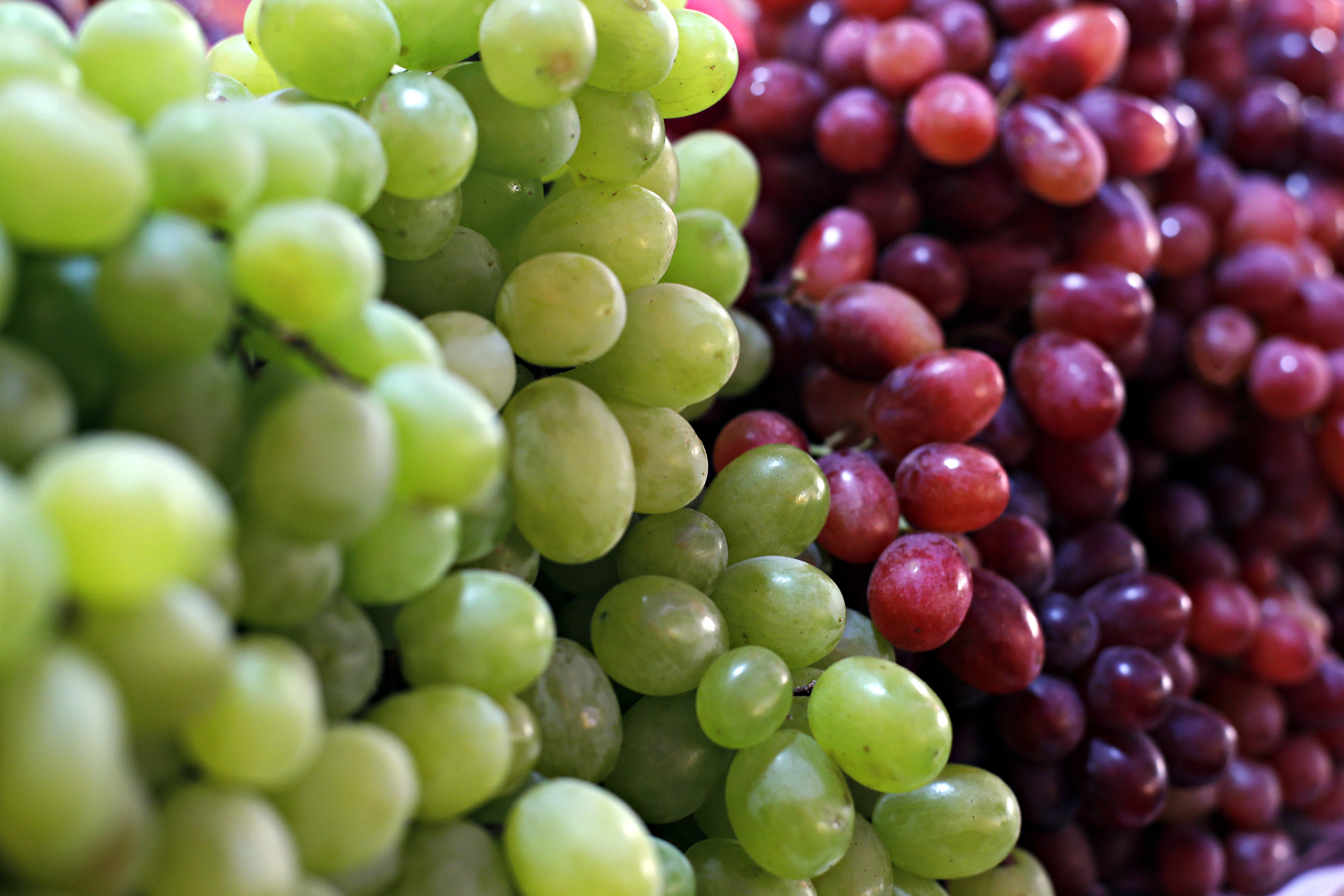
Foods That Are Harmful to Dogs
As pet owners, we want to ensure our dogs stay healthy and happy by feeding them nutritious foods that support their dental health, joints, shiny coats, and energy levels. However, not all human foods are safe for dogs. Being aware of foods that can pose health risks is essential to prevent accidental poisoning or illness.
If you share your meals with your dog, avoid giving them the following hazardous foods:
1. Chocolate and caffeinated drinks
Chocolate contains theobromine and caffeine, which are toxic to dogs. Consumption can lead to symptoms like vomiting, diarrhea, seizures, increased heart rate, and in severe cases, death. Darker chocolates are more dangerous due to higher theobromine levels. Even small amounts can be harmful, especially to smaller breeds.
2. Grapes and raisins
Grapes and raisins can cause acute kidney failure in dogs and cats. Even a small quantity may lead to dehydration, kidney damage, or failure, making it crucial to keep these fruits away from pets.
3. Onion and garlic
Both fresh and dried onions and garlic contain compounds harmful to dogs. They can damage red blood cells, causing anemia and related health issues. All parts of these plants—including leaves, bulbs, juice, or powders—are toxic, whether raw or cooked, and should be kept out of pets' reach.
4. Raw eggs
While cooked eggs can be nutritious, raw eggs pose health risks due to bacteria like Salmonella. Consuming unpasteurized eggs can cause symptoms such as nausea, vomiting, diarrhea, and severe stomach upset in dogs.
5. Raw meat and bones
Raw or cooked bones can splinter and cause internal injuries or obstructions. Raw meat may contain bacteria like Salmonella or E. coli, leading to food poisoning with symptoms including fever, diarrhea, vomiting, and loss of appetite. Always consult your vet for safe treats and foods for your pet.
Ensuring your dog’s diet is safe requires proper knowledge. Consult your veterinarian for guidance on the best nutritional choices to keep your pet healthy and thriving.

